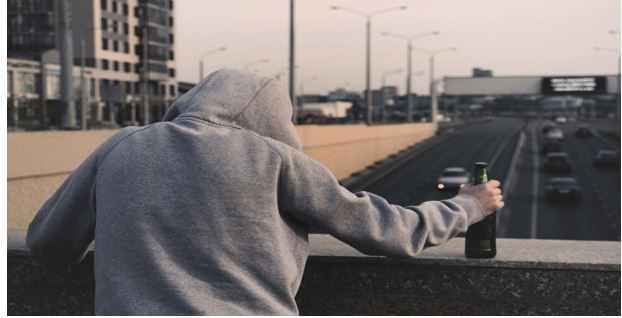Drug addiction, also known as substance abuse disorder (SUD), occurs when a person becomes addicted to drugs despite knowing their harms and consequences. You cannot resist the urge to use them excessively, which starts affecting your brain, behavior, and attitude. As the case worsens, you can also face physical issues of different types. Drug addicts use illegal drugs and alcohol, marijuana, nicotine, painkillers, and sleep and anti-anxiety medicines. Addiction to drugs is a serious disease. It can begin with consuming more than you intended simply to experience a different sensation. Then there’s giving up a regular lifestyle, interests, and activities; not thinking about the financial, legal, or medical ramifications; wanting to leave but unable to, and so on. The essential thing is to get this addiction treated, and the best way to do it is through therapy rather than medicines.
Detoxification
Treatment for drug addiction is a long-term process that requires the help of medical professionals and specialized groups. The first and foremost way is medically assisted detoxification. The first step is to prepare for your appointment by keeping track of your symptoms and enlisting the help of a trusted family member or friend. Then, consult the doctor to evaluate your physical and mental health and the type and volume of abusing drugs. They can also suggest inpatient or outpatient treatment plans by analyzing your situation. In this form of non-pharmaceutical drug addiction therapy, you start by lowering the dosage of an addictive drug and eventually stopping its intake entirely. During this, no other drugs can be taken.
Meanwhile, toxic substances from the body are removed physiologically, an operation carried out by your liver. Detoxing with only therapies and no medicines is difficult with several adverse effects, including nausea, anxiety, insomnia, physical discomfort, and more. Considering this, a medical professional must supervise the whole process in a safe environment to ensure that you do not face any life-threatening or other unpleasant symptoms. It must be noted here that detoxification itself is an insufficient recovery plan. The approach’s final step is to prepare for entrance into a long-term treatment plan.
Cognitive Behavioral Therapy
Another no-drug treatment plan for drug addiction is behavior therapies provided by psychologists and psychiatrists. Medical professionals use the tool of counseling in this process, and it can be limited to just the patient or include their family. The drug/alcohol counselors assist the patient in understanding and connecting their feelings, thoughts, and behavior. Patients can comprehend how these elements influence their life and healing. CBT is also an efficient tool as having negative thoughts is a common symptom of depression and anxiety disorders. When the person understands the root cause of his negative thoughts, he can fight depression, anxiety, and drug consumption issues. This no-drug therapy also establishes a framework for you to discover skills to handle drug cravings, participate in activities that can help you avoid drugs. And determine what steps to take if you relapse. Behavior therapy endorses three skills in dealing with the triggers leading to cravings: recognizing the circumstances, avoiding them, and coping with the thoughts and emotions leading to drug addiction.
Self-Help and Rehabilitation Groups
Self-help groups are found in many open and closed communities around the world. The main motto of these organizations is that drug addiction is a chronic disease that, even if treated, can quickly lead to relapse if urgent measures are not taken. Many popular organizations, such as Alcoholics Anonymous and Narcotics Anonymous, work as self-help groups using the 12-step model. These groups help people understand that drug addiction has serious consequences for legal, health, emotional, financial, social, and personal.
Self-help groups also reduce the stigmatization and sense of shame in drug addicts. You can also join local support groups during and after the SUD treatments. Here, the current and recovered patients can share their experiences by communicating individually or in group form and involving in activities. It helps them understand recovery journeys and uniquely relate to each other. You can contact your treatment providers, hospitals, and religious groups or search social media to join these meetings.
Final Thoughts
Tackling the problem of drug addiction is certainly a challenging process, but an efficient treatment plan can help you recover. However, it is vital first to recognize and acknowledge that you have a problem and then to seek assistance from the appropriate person at the proper time. It’s a common misconception that an abuser will always be an abuser. But research says that this myth is wrong, and most people can recover from it permanently.
Check Next >https://www.neoadviser.com/healthy-habits-you-should-start-in-the-new-year/
